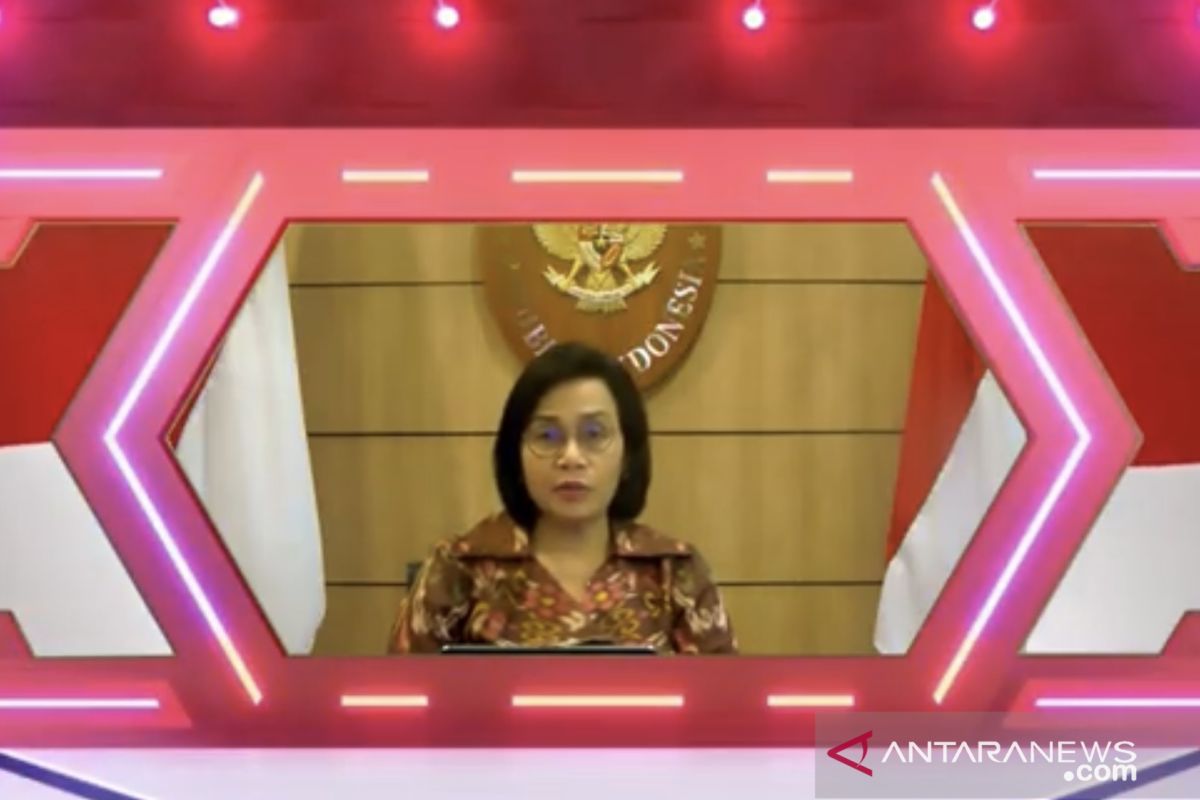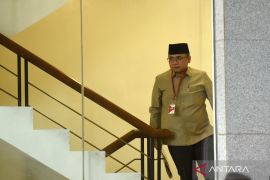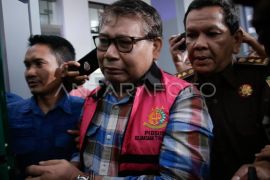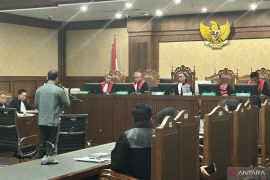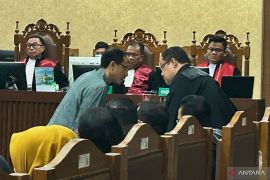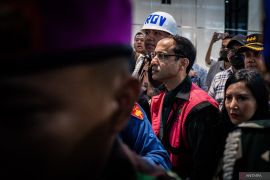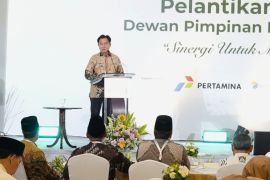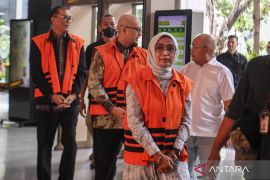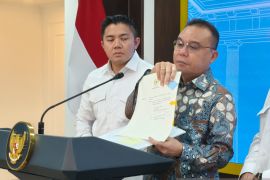"Amid the emergency and having to work hastily, corruption has become a threat," she said at an event held to mark Anti-Corruption Day in Jakarta on Thursday.
The potential for corruption amid the pandemic, she said, is rather vast as the government needs to make decisions quickly, and at the same time, be flexible and agile in dealing with the sudden impact of the pandemic on the society and the economy.
There are also weaknesses and imperfections in data availability when it comes to distribution of stimulus and incentives, which adds to the potential for corruption, she added.
The budget allocated to provide stimulus and incentives to the public has reached Rp695.2 trillion, or 4.2 percent of the GDP, leading to the expansion of state expenditure by Rp2.739 trillion, with a deficit of 6.34 percent, she noted.
Related news: Reprimand regional head candidates over COVID-19 fund misuse: MPR
The budget for the national economic recovery program covers support of Rp97.26 trillion for the health sector, Rp234.33 trillion for social protection, Rp65.97 trillion for ministries and institution sectors and local governments, Rp114.81 trillion for MSMEs, Rp62.22 trillion for corporations, and Rp120.6 trillion for the business sector.
"The Rp695.2 trillion figure is a substantial one, and we hope it will enable Indonesia to handle COVID-19, protect the public and the business world, in order to ensure that they can recover strongly, quickly, and healthily," Minister Indrawati remarked.
Thus, there is a moral hazard involved, especially in maintaining integrity in policy implementation and using the budget to handle the impact of the pandemic, she pointed out.
"This is where the integrity is tested. The test against our intentions to build internal control to become more robust is more important," she said.
Mulyani said that her office will continue to coordinate with law enforcement officers, including the anti-graft body, the Attorney General's Office, the Indonesian Police, and the BPKP to prevent corruption.
"This is not only the responsibility of the leadership, but all of us because the virus of corruption is one that compromises integrity. Just like a pandemic, it can be contagious and could endanger institutions," she remarked. (INE)
Related news: COVID-19 to not disrupt corruption eradication in Indonesia: KPK
Related news: No plan to release corruption inmates over COVID-19 fears: Jokowi
Translator: Astrid Faidlatul Habibah/Aria
Editor: Yuni Arisandy Sinaga
Copyright © ANTARA 2020
